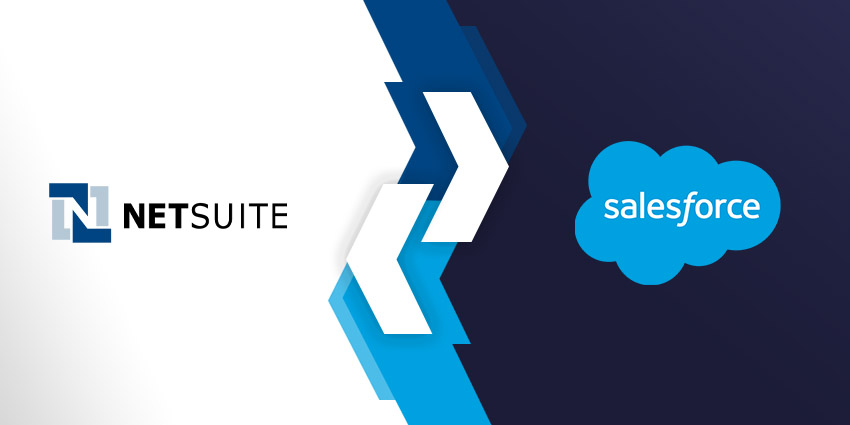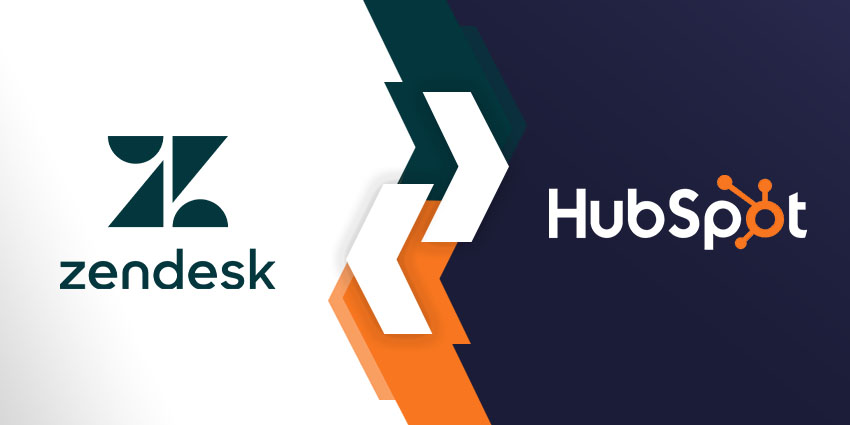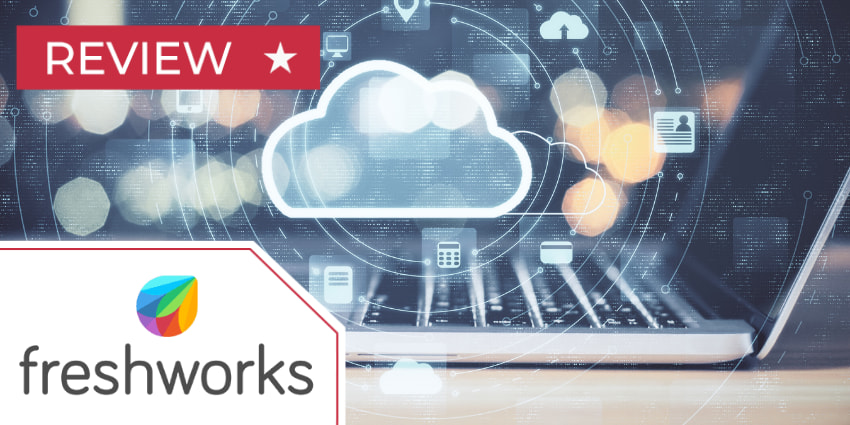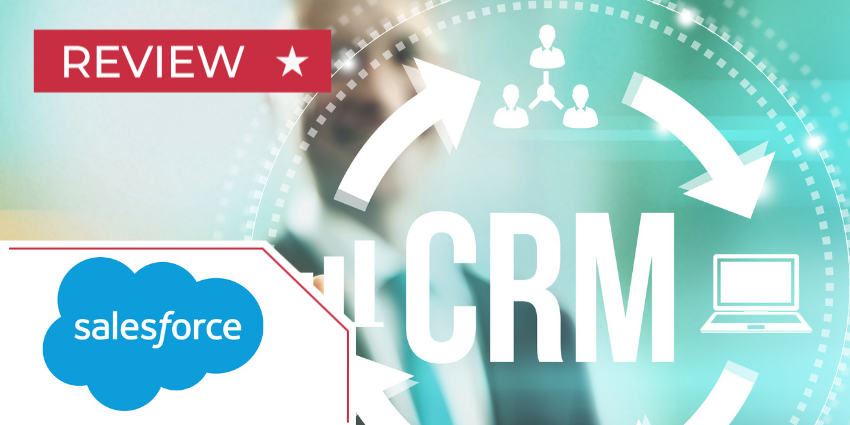Choosing between NetSuite vs Salesforce can be a challenging prospect for any business. Both of these tools have earned an incredible reputation over the years. Each offers extensive suites of tools for Enterprise Resource Planning, Sales, and Customer Relationship Management. Plus, they’re both innovators in their field, regularly adding new features and functionality to their platforms.
For the purpose of this comparison, we’re going to be looking specifically at the CRM capabilities offered by Salesforce and NetSuite. These tools are designed to provide companies with an effective way to track, monitor, and build customer relationships.
Let’s take a closer look at what both NetSuite and Salesforce can offer regarding CRM functionality and benefits.
NetSuite vs Salesforce: Salesforce Customer 360
Salesforce has a number of different CRM solutions designed for different use cases. Perhaps the most popular offering is Salesforce Customer 360, the world’s leading real-time CRM. The solution connects marketing, sales, commerce, service, and IT teams from across the globe, so they can build amazing interactions with every customer.
The solution comes with access to “Genie”, the dedicated Salesforce customer data platform, so every discussion can be accelerated and enhanced with intelligence. Some of the core features of Salesforce Customer 360 include:
- Genie: A powerful automation system with always-on intelligence and access to real-time hyper scale data, so teams can instantly personalize all customer interactions.
- Slack integration: Built-in Slack functionality means employees can connect easily on the back end of the customer service environment for collaborative support strategies.
- Einstein AI: Intelligent solutions for building loyalty from customer interactions. The technology provides the next-best actions and behind-the-scenes insights.
- All-in-one shared views: Salesforce Customer 360 connects insights from marketing, sales, service, and commerce landscapes, for an end-to-end view of each client.
- Industry solutions: There are dedicated Customer 360 platforms for different industries, such as financial services, healthcare, communications, and manufacturing.
- Analytics: State-of-the-art reporting and analytics features provide end-to-end insights for stakeholders and shareholders about customer sentiment and success.
- Platform: A platform development environment allows users to build apps, mobile experiences, and connections via the blockchain in one shared environment.
- Integrations: Leading integrations are available with various applications, including collaboration, contact center, and ERP tools.
- Commerce: Built-in support for digital shopping experiences, with included AI recommendations and automated sales on every device.
Salesforce also has a dedicated customer service team to assist companies with getting the most out of their technology. Plus, a diverse partner ecosystem makes it easier for brands to build comprehensive, custom environments.
NetSuite vs Salesforce: NetSuite CRM
Similar to Salesforce, NetSuite’s cloud-based CRM solution promises to provide companies with a full, real-time view of their customers across every channel. Users can access a seamless flow of information across the full customer lifecycle, from opportunities to sales and support.
In addition to a range of traditional CRM capabilities, such as customer service management, SFA, and marketing automation, NetSuite also delivers access to tools for order management, quotes, commissions, sales forecasting, and integrated commerce. Features include:
- Case management: Comprehensive case management solutions where users can assign, manage and route customer cases across multiple channels.
- Knowledge management: Easily organize and publish content so customers and service reps alike can find the information they need.
- Time tracking: Maintain visibility into case management with time tracking tied to each customer record.
- Customer portal: Highly personalized self-service solutions for customers who prefer to address their own issues with behind-the-scenes guidance.
- Multi-channel marketing: Streamlined multi-channel marketing solutions with search engine optimization, campaign and email management, landing pages, and forms.
- Reporting and analytics: Comprehensive insights into lead sources, promotions, conversions, engagement, and customer satisfaction scores.
- Sales forecasting: Real-time forecasting with checks and balances helps businesses predict the most accurate outcomes.
- Quote, incentive, and compensation management: Streamline the quote and order process and create incentive compensation strategies.
- Partner relationship management: Dedicated tools for managing partners, including joint selling and joint demand generation capabilities.
NetSuite also has a fantastic mobile solution for customer service and sales reps on the go. There are dedicated Android and iOS mobile applications with complete customer visibility across all channels.
NetSuite CRM vs Salesforce CRM: Which is Best?
From a functionality perspective, there’s quite a lot of overlap between the CRM offerings provided by NetSuite and Salesforce. Both are cloud-based tools with excellent account, contact, and lead management solutions. However, there are some significant differences to consider too.
For instance, Salesforce provides a 360-degree view of customers and their history, with access to actionable insights from social media channels, while NetSuite takes a slightly more traditional approach to tracking opportunities based on status, revenue, and relevant documents.
Additionally, NetSuite doesn’t offer any capabilities for in-depth collaboration. However, it is possible to assign tasks to employees in the workplace based on their skills and allow teams to work on accounts together. On the other hand, Salesforce recently purchased Slack, meaning companies have direct access to a built-in collaboration tool.
Salesforce also excels in terms of artificial intelligence. There are built-in solutions like Einstein and Genie to help automate and enhance customer service interactions throughout the CRM environment.
That’s not to say NetSuite doesn’t have distinct benefits to offer. For quotes, orders, invoices, and similar tracking requirements, NetSuite definitely comes out on top. There are full out-of-the-box features available for complete quote-to-cash functionality.
NetSuite also has dedicated solutions for partner management built into its ecosystem, making it ideal for companies working on joint opportunity development. Plus, NetSuite’s dashboard and reporting features are phenomenal, with end-to-end metrics, marketing benchmarks, and more.
Which Should You Choose?
Overall, Salesforce is a more advanced end-to-end CRM solution for collaborative teams looking to enhance their service strategy with automation, artificial intelligence, and powerful marketing features. However, NetSuite may be better suited to companies focusing more on quote management, partnerships, and Enterprise Resource Management.
NetSuite is great for marketing automation, dashboards, reporting, and mobile access, but Salesforce can’t be beaten for its collaborative functionality and AI innovations. It all comes down to which features matter most to you.







